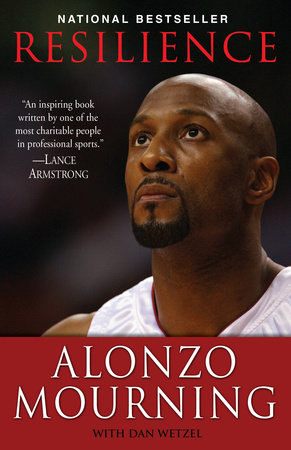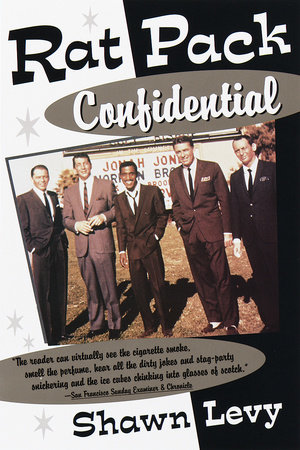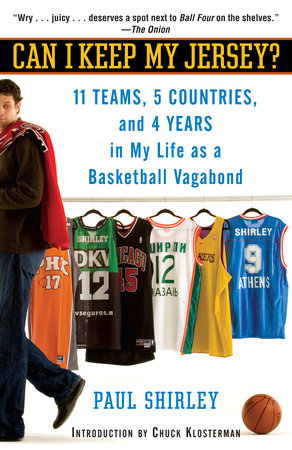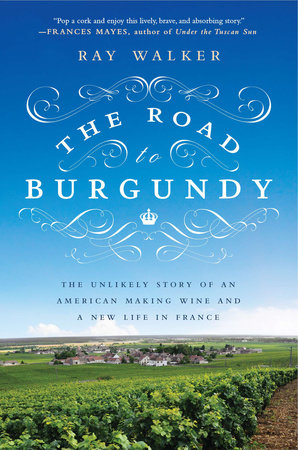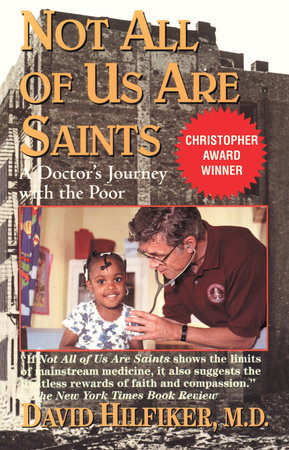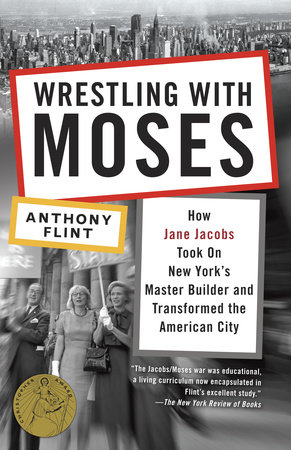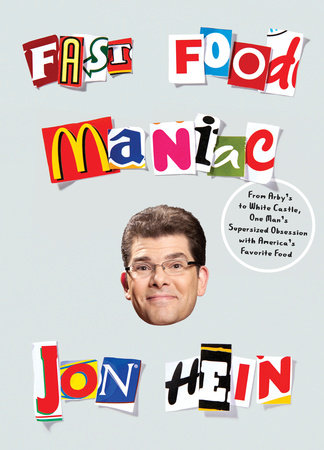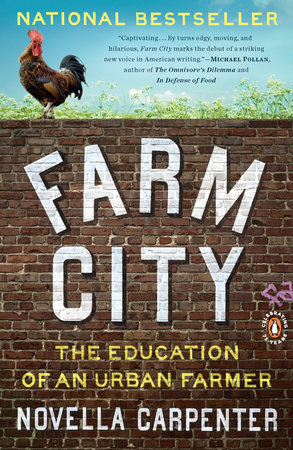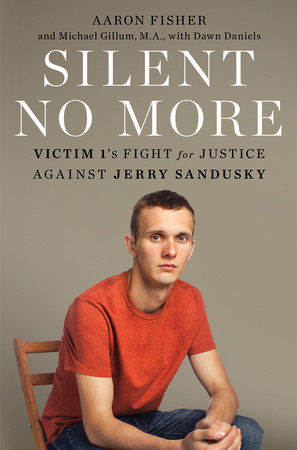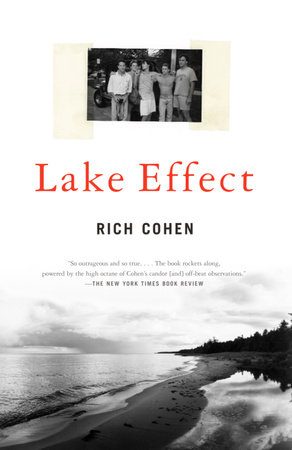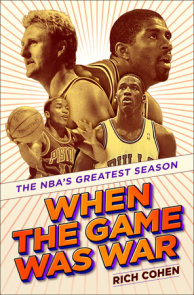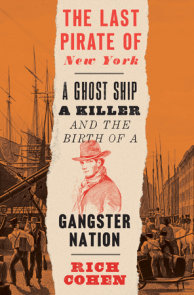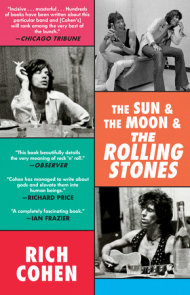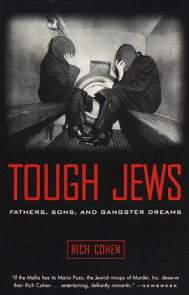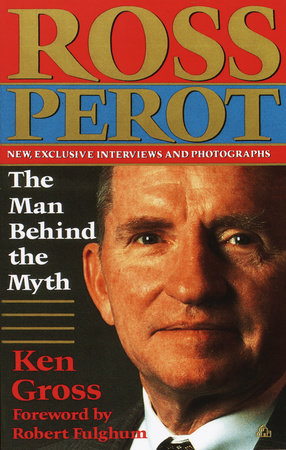Author Q&A
A Conversation with Rich Cohen, author of Lake Effect
Q: Lake Effect is a big departure from your previous books. What made you decide to write this book at this particular time?
A: I guess hitting thirty did it. For the first time, I came to see I actually had something like a past. What’s more, I think that my age group—and Generation X is really such a baggy, bullshit term—has never been given true due. So I wanted to plant the flag, to nail down the story of the suburban Eighties, growing up and hanging out, and no Vietnam and nothing else but clear water into the future. As I worked on this, I came to see that all these feelings were wound up with my best friend, Jamie Drew, Drew-liscious, and that in telling his story I would be telling a story that, as I got older, came to haunt and puzzle me. Besides, us kids from the Midwest, with our lakes and our flat-lands, we are tired of being put down and scoffed at. So part of me envisioned this as a real summer book, a Beach Boys tune for the Great Lakers, a surfin’ safari.
Q: You have written, in your books and magazine articles, about so many people—mobsters, moguls, resistance fighters, athletes, etc. Was it difficult to switch gears and write about your own life and the lives of your close friends?
A: Not really hard at all. In writing magazine stories I always try to connect with things that resonate in me, and for the most part these are the same things that have resonated in me since I was a kid. In this sense, they are not so different from those stories I tell in Lake Effect. For example, my first really big story for a magazine was a Rolling Stone cover about the Rolling Stones, which was followed by a story about the band on the road. I hung out with Keith Richards, and Charlie Watts denounced me as a rascal. Now, if you were to have told the me in Lake Effect that he would one day be writing such a story, that me would kiss you so hard that tears would come to your eyes. In the Rolling Stone story, I mentioned the fact that, back in the eighth grade talent show, I was part of a lip-sync version of the Stones—we did "Jumping Jack Flash," and "Honky Tonk Woman,"—in which I performed as Keith Richards, so you see how it all comes together in the end. However, our Mick Jagger froze on stage and the gym teacher turned down the sound and graduates of Central School laugh about the debacle to this day.
Q: Much of this book is set in a specific place (the Chicago suburbs) and a specific time (the late eighties and the last year of high school) and yet it has a timeless feel to it. Is there something about this particular moment in a person’s life that transcends place and time?
A: Look, I am someone who gets depressed on Thursday night because I sense that the weekend, before too long, will come to an end. I’ve always liked the moment before the moment, when everything is still potential, when you can still, with a straight face, tell yourself (a Bill Murray line), "I am the little acorn that becomes the oak." For most of us, the last year of high school is that moment, a golden, oh-wow-here-it-comes interlude, that everyone still feels in the deepest part of their brain. In that moment, you are still on the trunk of the tree, before you explode into the branches, before your friends are lost and scattered, before your adult self starts advising you—and it is the worst advice—to look back on your high school and college exploits with condescension and shame. It is really simple jealously. Back then, you could drink and drink and never get hung over, and every girl was single, and it was fun even when it rained—so yeah, it is a great universal moment, one of the greatest.
Q: You write that in doing this book you were "after the spirit of a certain season." How would you describe that spirit? Is there something about this "season" in our lives that makes it so ripe for memories?
A: It sounds a little hoaky, but I always think of that quote that Robert Caro used in his book about Robert Moses. It was some Greek historian, and I really should know his name, but if you read the book you can clearly see I was doing other things in college. Anyway, this guy said, "You must wait until the evening to see how splendid the day has been—" or something like that. And that is what I was after in Lake Effect. Thinking back on the day just after the sunset, when the memories are still fresh but the sun is down, or, as my best friend would say, ‘When it’s gone, little bro, gone, gone." So this is the season I am talking about—when the sun is shining on you but you are too stupid and too happy to take notice of it. Stupid happy is how we might say it back then and yes, it is ripe for memories because it is the last moment when you are lucky enough to be stupid happy, and if you are fortunate enough to have that moment—and maybe in some other country at some other time you are not—you look back on it and think about it all the time. Yes, you can still be happy, and you of course can always be stupid—I am probably being stupid right now—but stupid happy has gone with the sun.
Q: You write about Chicago and its music scene, its beaches, its Cubs; about New Orleans and its steamy languor, parades, and parties; about New York City and its neighborhoods, character and literary lore. How have the places you have grown up, gone to college, and now settled defined your sense of place and how it shapes our understanding of the world?
A: I’ve been lucky to live in some of the great cities in the world—Chicago, New Orleans, New York. It’s hard to do much better than that. I think this has given me a great love of cities, a belief that each place has its own soul and its own beating heart and it is the job of anyone living in a city to discover its character. After living in New Orleans, I decided never to live in a city where you can’t get a drink at five in the morning, and that has brought me to New York.
Q: This book is in many ways a tribute to childhood and friendship but also a meditation on memory and how we remember. Did you ever question your own sense of memory in re-creating this time in your life?
A: I know from experience that the only story you can ever really tell is your own. Memory is such a tricky thing and it is not to be trusted but really it is all we are so you gotta just tell it like you lived it. This said, I did feel like I was acting as a caretaker of the story not just of me but of my friends so I tried as best I could to get at the things that we thought were important then and those are the things we still think are important now: How do you want to live your life? Or, as a friend asked me as I ran a yellow light, "Why do you want to live like that?" What do you want people to say about you when you are in the other room? How do you punish a friend who violates the code? Why was he born in that house and why was I born in this house? Is it more important, in Chicago, to stay warm or dress cool?
Q: Some iconic teen movies—Sixteen Candles, The Breakfast Club, Ferris Bueller’s Day Off—were all set at your high school. Was is strange for you to see those movies? Do they accurately capture the experience?
A: I think I was the exact same age as the characters in those movies, living in the exact same town, in the exact same kind of house, going to the exact same high school so, to see them was kind of surreal. I remember seeing Sixteen Candles at Old Orchard theatre in Skokie and it was like some kind of Woodstock, a theatre packed with kids from New Trier high school. At the time, I considered myself far too cool to like what everyone else liked so I spent the drive home picking apart the movie, though I secretly loved it. It did not even seem to me like a real movie because real movies did not deal with something so commonplace as angst in Winnetka. Looking at them now, I think they are great movies, all of them, especially the much underrated Uncle Buck. Yet, even then, I believed they were undermined by a tragic flaw, a need to tie everything up in the last minutes, to cover it in sap and make it sweet. It is what my friend Greg used to call, "The moment of shit," and it waits at the end of every John Hughes movie like the balloon payment at the end of a financing plan. And we never dressed so funky, and I hated Flock of Seagulls.
Q: At the center of Lake Effect is your friendship with Jamie Drew. It is one of those magical friendships that seems like it will last forever and never change. How did that relationship impact your understanding of friendship and of youth?
A: Well, for me Jamie was wound up with everything good about back home. He was everything you want in a best friend and I still find myself comparing every friendship to that one. To me, a best friend is Jamie Drew—a kid who will hose you down when you are drunk and covered with sand, who visits without warning, who comes and goes like Ruby Tuesday, who is at the center of a lot of excited talk, who never says anything bad about you, even behind your back, who defends you even when you are not in the room and who can arrange an introduction with the most aloof girl at the party. Since I was a kid, I liked to imagine our friendship as an epic: Tom and Huck, Jack and Neal, Mick and Keith. Look at that! Rich and Jamie up to their old adventures!
Q: One gets the feeling that while you were living through this time you knew you might write about it one day. When did you first decide to be a writer, and how did that effect the way you looked at your own experiences and relationships?
A: I always wanted to be a writer. Of course, I also wanted to be a big game hunter, in a band, a professional hockey player, and a mercenary soldier. Writer always seemed to me the most practical. The supplies—pen, paper—are so easy to come by. When I was very young, I even put out a family magazine, Action magazine, typed up and photo-copied, which ran extensive investigations into the lives of my parents and siblings. For a time, I even sold subscriptions, mostly to boys who lived in my sisters dorm in college. Following a piece on my parents sex life—HERB AND ELLEN FOOL AROUND—the magazine was, for a time, shut down. But yes, wanting to be a writer did effect my friendships. I was forever on the look out for good material, for adventures, which sent me chasing after the craziest kids in school, in town, whatever. That hunt brought me into the orbit of the kids I write about in Lake Effect.
Q: Now that the book is written and about to be published, how do you think your friends will react to it?
A: Some of my friends have already read it and they dig it immensely. I was always writing and telling stories of our adventures so I guess they figure, "Look at Richie, up to his old tricks." Some complain that this or that got left out—for example, Blinker Street, the crappy arcade where each kid was given a little rubber purse of tokens. Otherwise, the boys back home are bound to read it and say, "Yeah, yeah, that’s pretty good, man, but listen to what happened to me the other night…"
Q: When you look back on those last years at home in Glencoe what do you remember most fondly?
A: My friends, hanging around and doing nothing with them for hours and hours, the lies we told each other, and trips into the city on Friday nights, and the beach, entire summer afternoons down there, and how freaking cold the water was. It was a kingdom of kids and it was a world you could know backwards and forwards, the story of every kid, every dog, every store and restaurant, and of course there were epic snowball fights and pick-up hockey games and other stuff that went on and on. And a milkshake from Sloppy Ed’s was the best way to kill a hang-over, but Sloppy Ed’s burned down, and that just about says it all.



